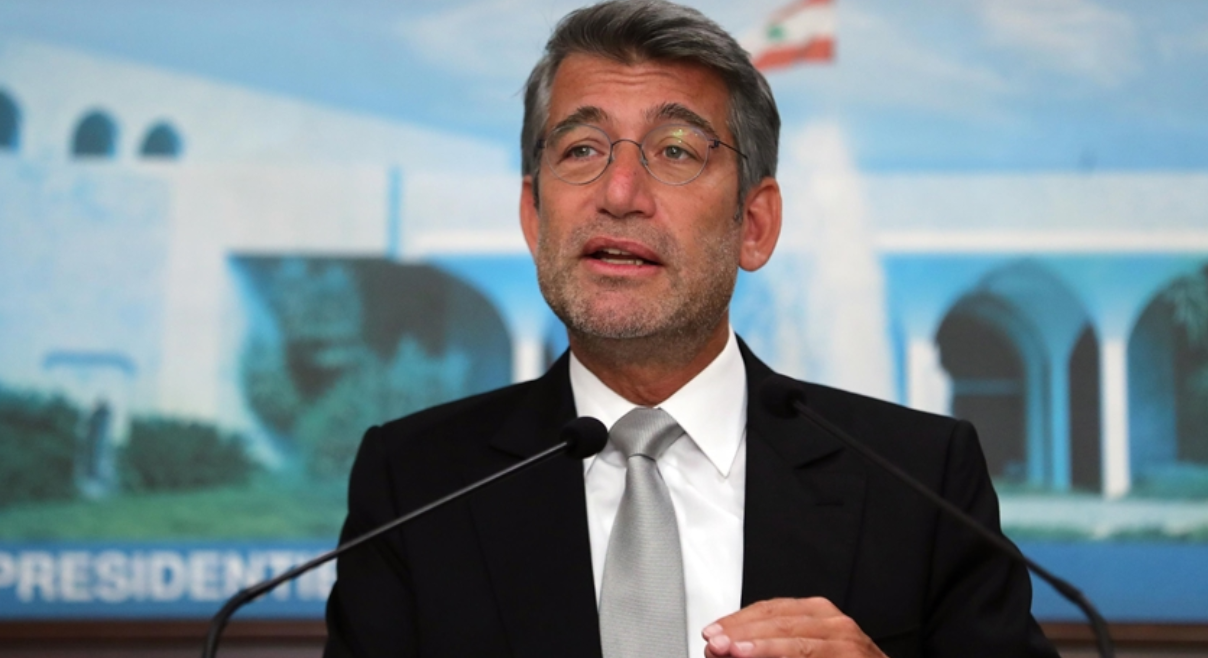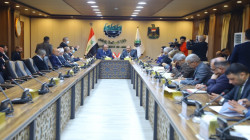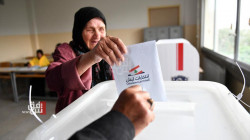Lebanese Minister: Iraq is ready to provide more fuel

Shafaq News/ The Lebanese parliamentary committees of Public Works and Transport, Energy, and Water discussed the difficulties regarding electricity reform plans
On the same day, Caretaker Prime Minister Najib Mikati met with the Minister of Energy and Water Walid Fayad to discuss the outcomes of Fayad's visits to Egypt and Iraq regarding two potential energy deals.
Lebanon has yet to pay for the fuel it has received from Iraq under a contract signed last year, which will end in September.
"The contract is structured using a deferred payment scheduled for twelve months. So, for example, the first payment of $35 million for the first month of September 2021 is due in September 2022. The Iraqis are not expecting Lebanon to pay it all on the due date but would like to see it structured in a way to see payments (through services or otherwise) scheduled over some time," MP Sagih Attieh, who is a member of the committee, told L'Orient le Jour.
Fayad assured Mikati that Egypt is ready to supply Lebanon with gas once the US gives the green light that there are no penalties due to the Caesar Act and once Lebanon secures funding from the World Bank.
Fayad stated that a second visit is planned to Iraq, which could include Mikati and General Directorate of General Security Abbas Ibrahim to formulate and extend the agreement's new aspects and show the Iraqi side that Lebanon is committed to paying the dues.
Fayyad also stated that Iraq had supplied Lebanon with 80,000 tons of fuel per month. Still, in this period, the quantity is less due to the increase in energy price," so the amount decreased to 40,000 tons, providing us with two hours of [power] instead of 4 hours."
Fayad stressed that the Lebanese government's top priorities are to increase the hours of feeding Lebanon's electricity to become effective and regular by about eight to 10 hours in the near term.
Last year, Iraq signed an agreement allowing the cash-strapped Lebanese government to pay for 1 million tonnes of heavy fuel oil a year in goods and services, helping Lebanon ease its acute power shortage, the two sides said on Saturday.
Lebanon, which has struggled to meet electricity demand at the best times, has imposed increasingly long power cuts across the nation as fuel supplies have run short during the crisis that erupted in late 2019.
Many Lebanese rely on private generators that use diesel, which is also in short supply.
Hospitals said their generators were at risk of running out of fuel this week, putting critical patients at risk.





